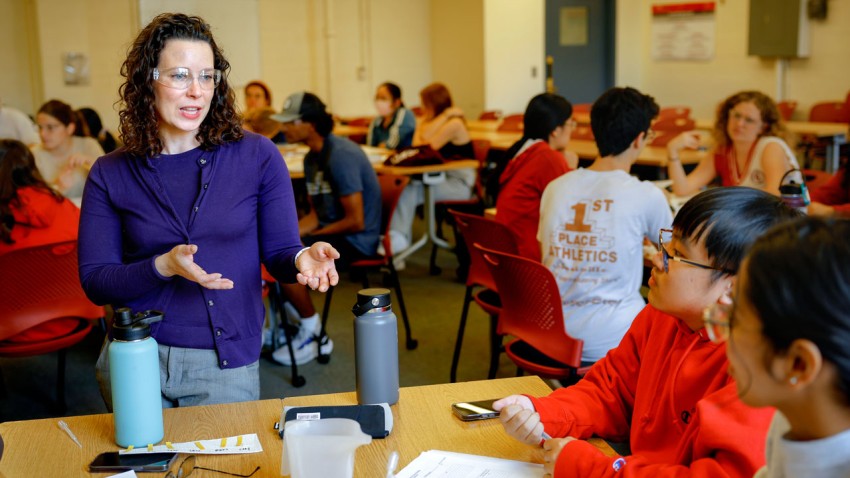NSF-funded postdocs to research education across disciplines
Engaging with a whole set of mentors will allow the CIDER postdocs to approach questions about student learning and experiences across disciplinary boundaries and use techniques from multiple fields. Read more about NSF-funded postdocs to research education across disciplines




